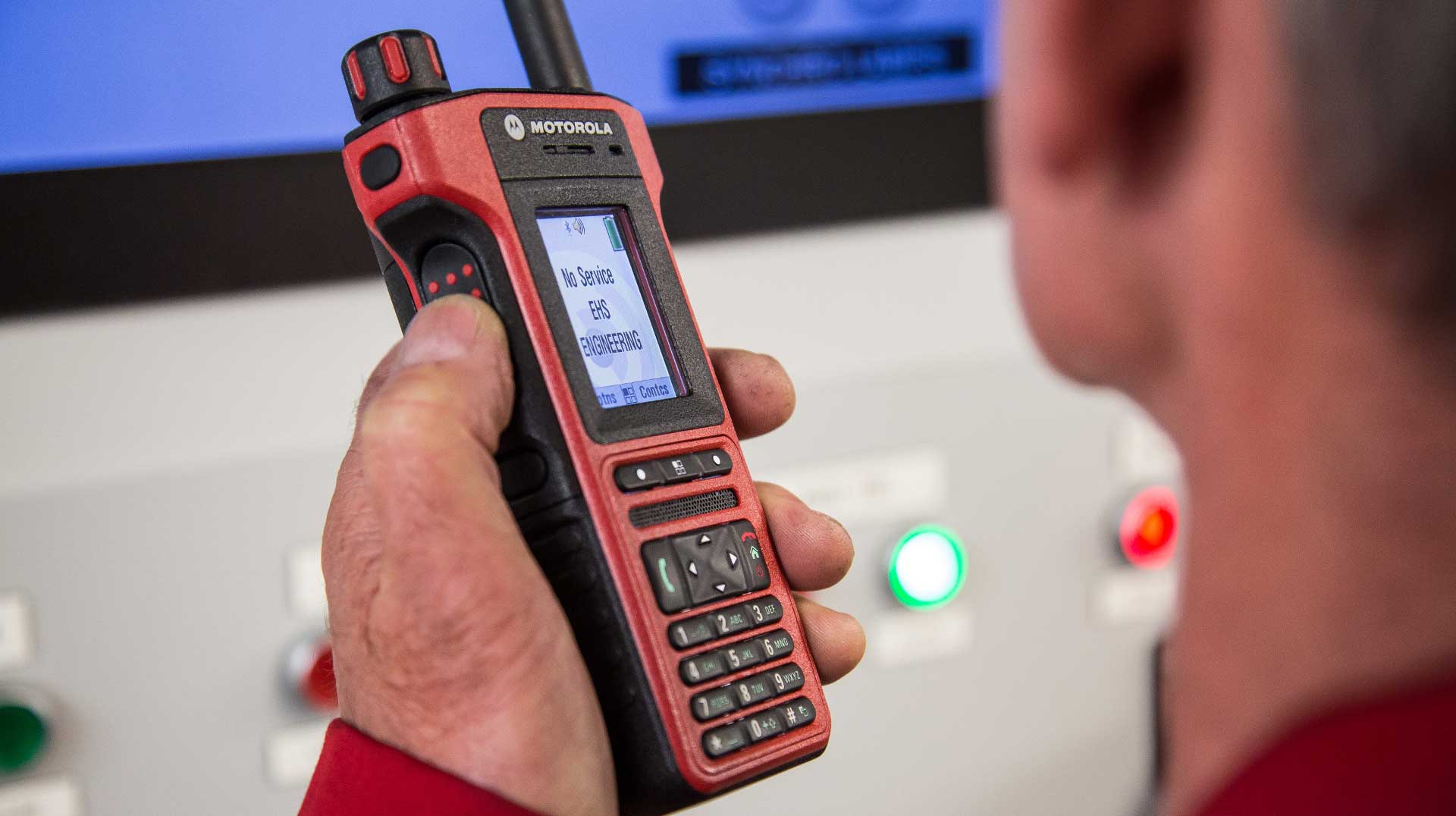Sharing Information Outside of Incident Reports
For those with backgrounds in public safety, you know how important it is to share information between shifts and divisions about previous incidents that required an incident report. But oftentimes, it can be just as important to share incident details that did not require a written report.
When I worked as an Intelligence Officer, one of the first things I would do each morning was review all of the incident reports in our records management system that were written either overnight or over the weekend. Reviewing these reports was the best way for me to get an idea of what happened while I was away and if I could identify any emerging trends. However, if officers out on a call received information regarding a case, or any other kind of intel that the department could benefit from knowing, and did not write an incident report about it, I would have no knowledge of the information shared. This could prove very problematic for the department, because I would then be unable to put out additional informational alerts or even officer safety bulletins.
For example, there may have been incidents where I released a BOLO (Be On the Lookout) for a specific suspect and an officer or detective may have received some updated information on that person’s location. Now, receiving just that piece of information may not have required writing up a full incident report, but it would be critically important to pass along those details to teams such as the Intel Unit so they can update any BOLOs that had been distributed out to the public as well as other officers in the department.
Typically, the best source of information about suspects comes from the officers who are on the streets every day – the ones who are out talking to people, getting to know the public and building relationships. I can recall once while in a meeting, I was asked to create a profile on several juveniles that were causing a recurring problem. I needed to get their addresses, nicknames, parents’ names, places where they usually hung out, etc. I was feeling a little overwhelmed – how was I going to get all of that information? But all of a sudden, another officer spoke up and started sharing all of those details that I needed to discover.
The point is, if public safety officers and agencies communicate with each other better and remember to pass along vital information – especially details that aren’t put in an incident report – so many problems can be solved that much quicker. Remember, there is no benefit for all parties involved if you keep information to yourself. Communication was so important to my department that it was written into policy: that it is the responsibility of each employee to pass along any intelligence information to the Criminal Intelligence Officer.
As I mentioned in my previous post, not updating important incident details in a timely manner can be a huge waste of time, especially when officers are out looking for suspects. It’s also just as important for agencies to have a way to efficiently pass along information about previous shift activities and details that were uncovered – whether a report was written or not.
Stay tuned for Part 3 of the Power of Communication series where I’ll share how officers sought to alleviate a communication problem between their different shifts. In the meantime, discover more resources as well as information on how you can unlock the power of your public safety data here.




